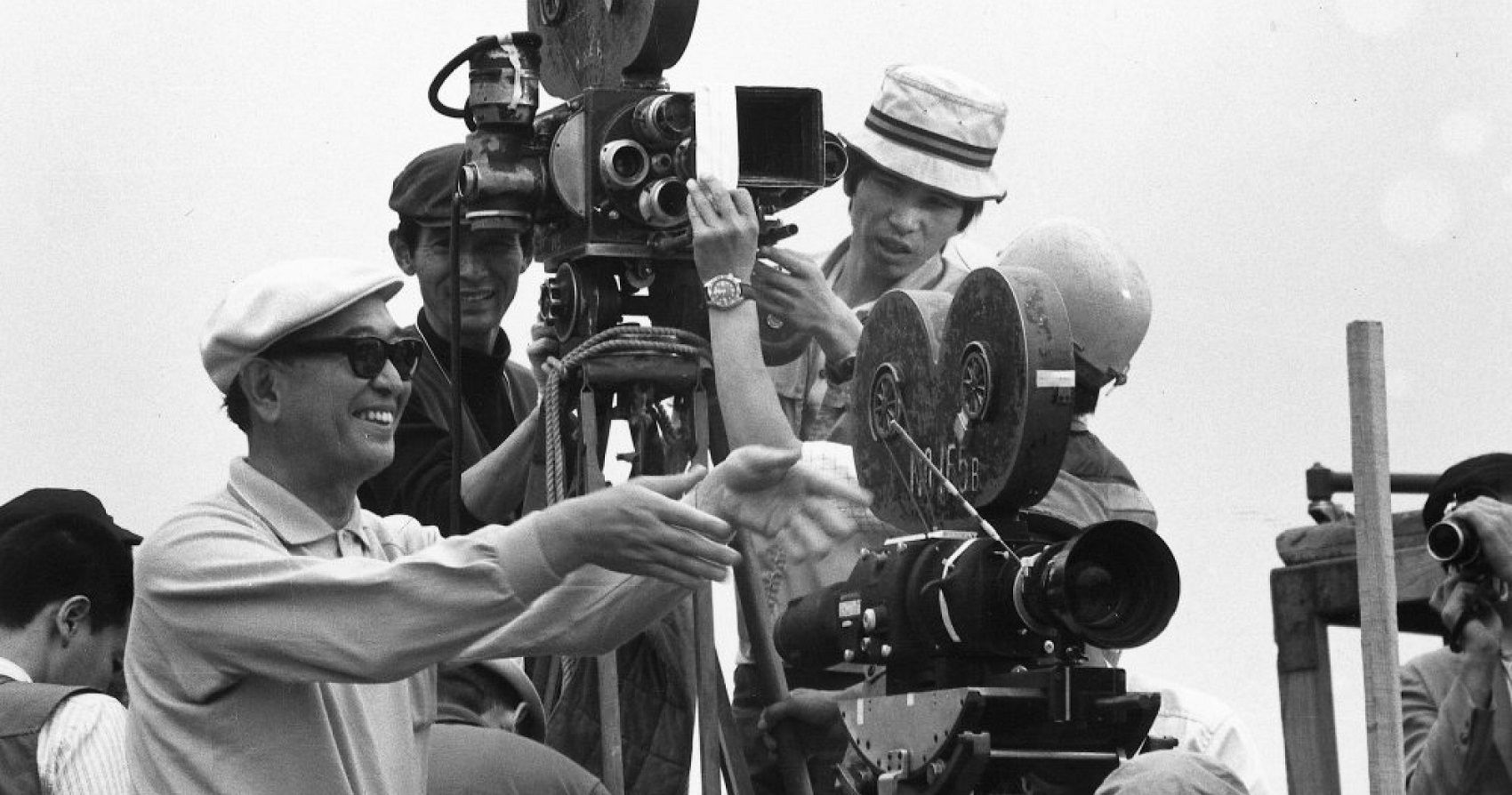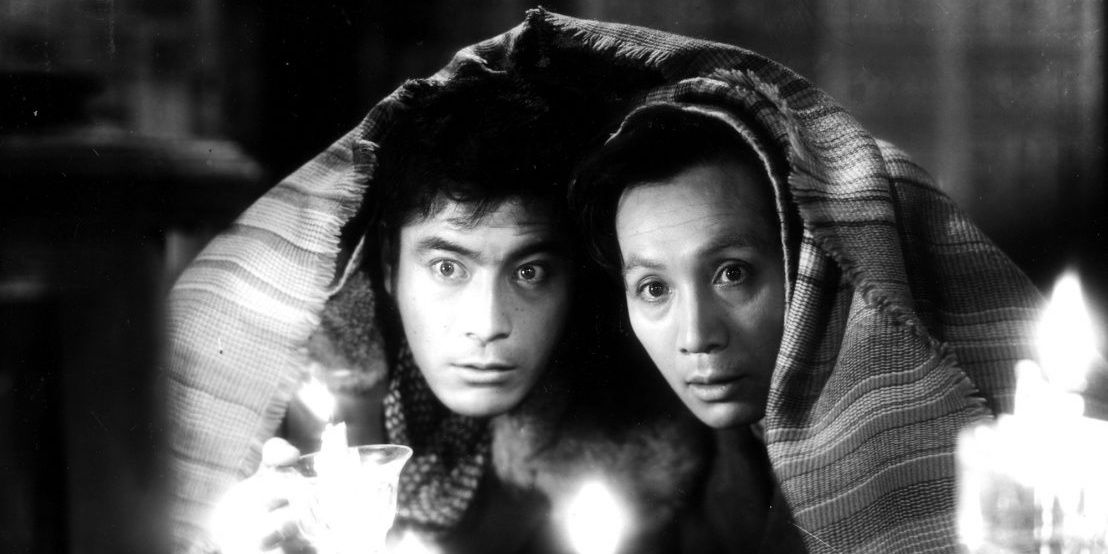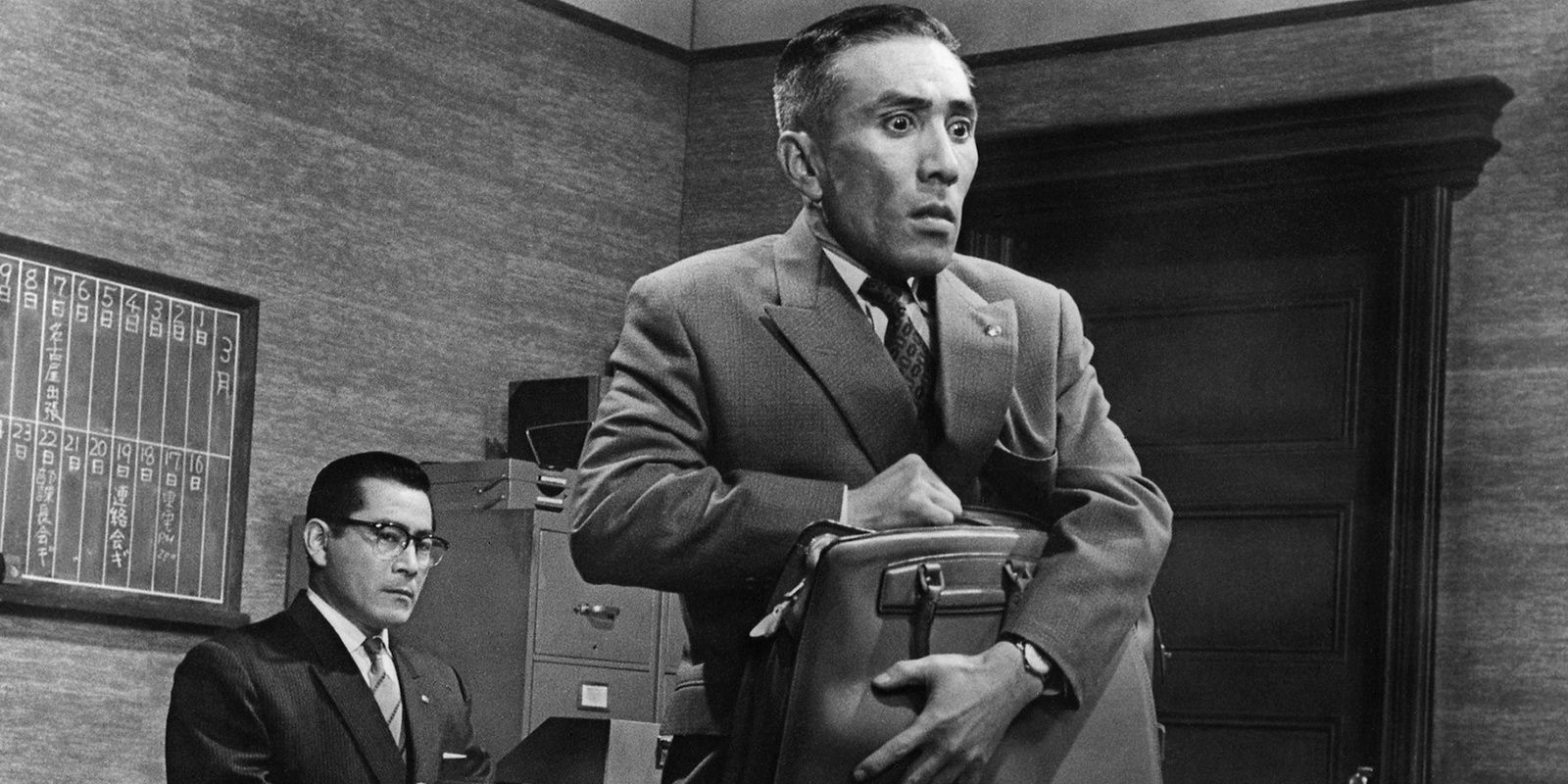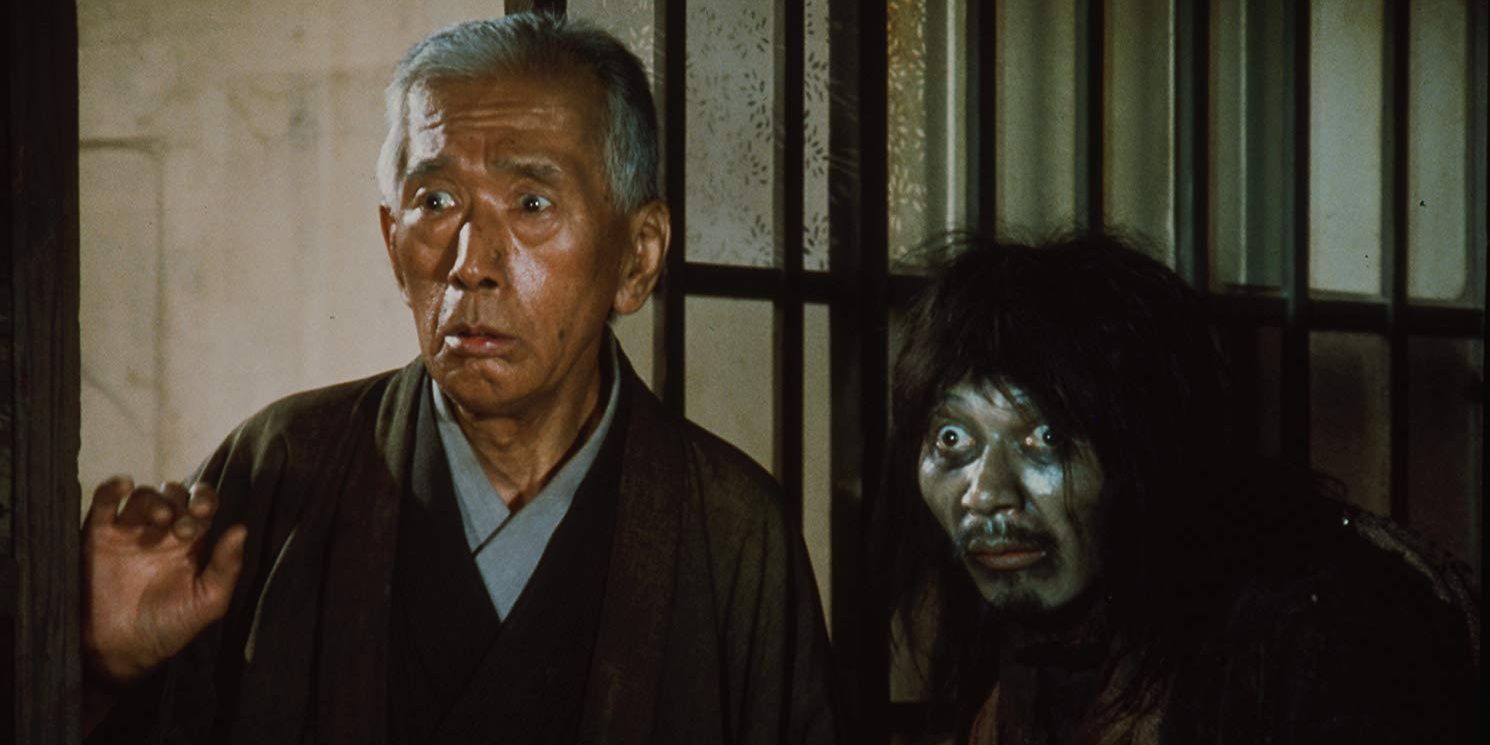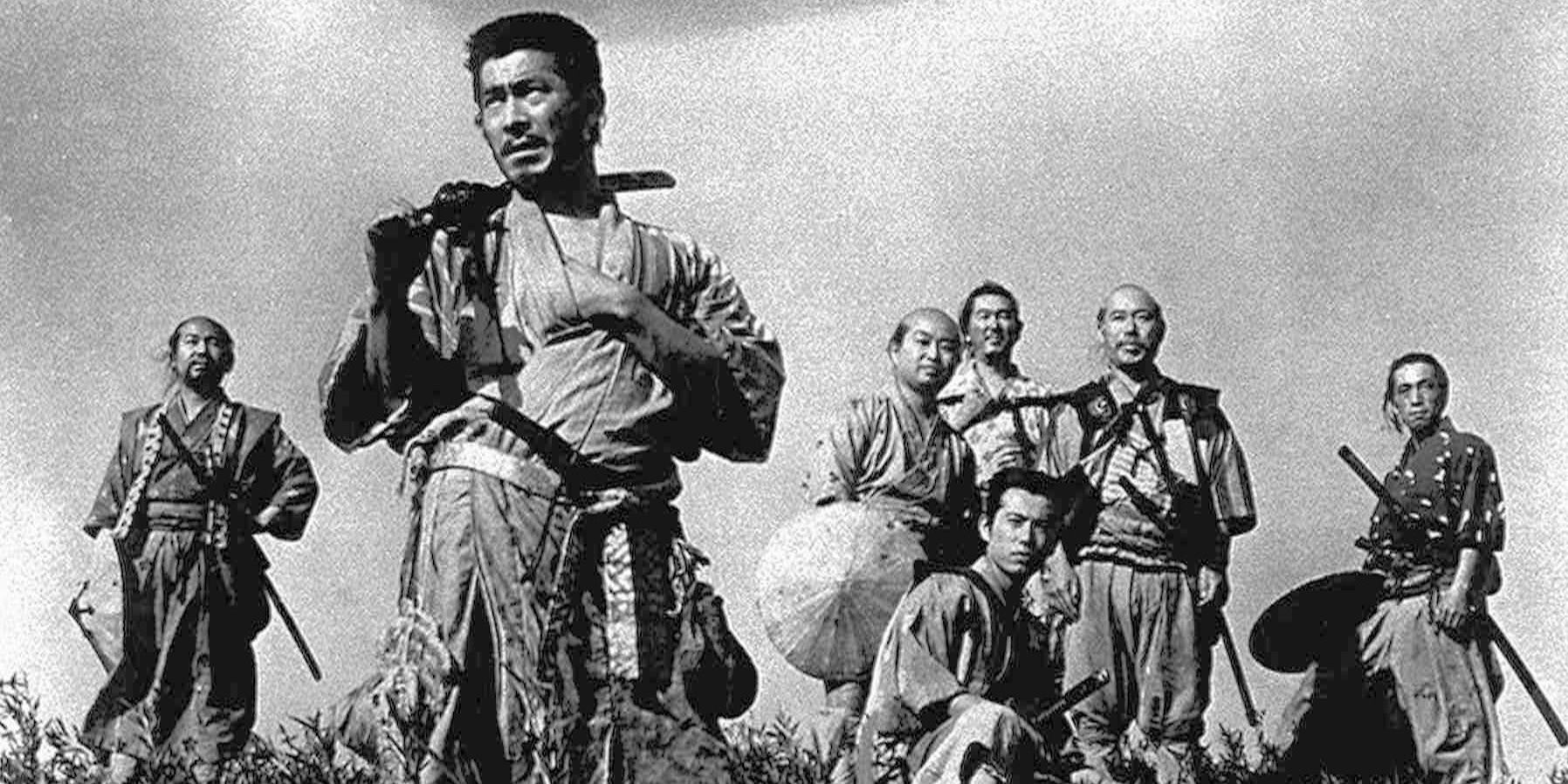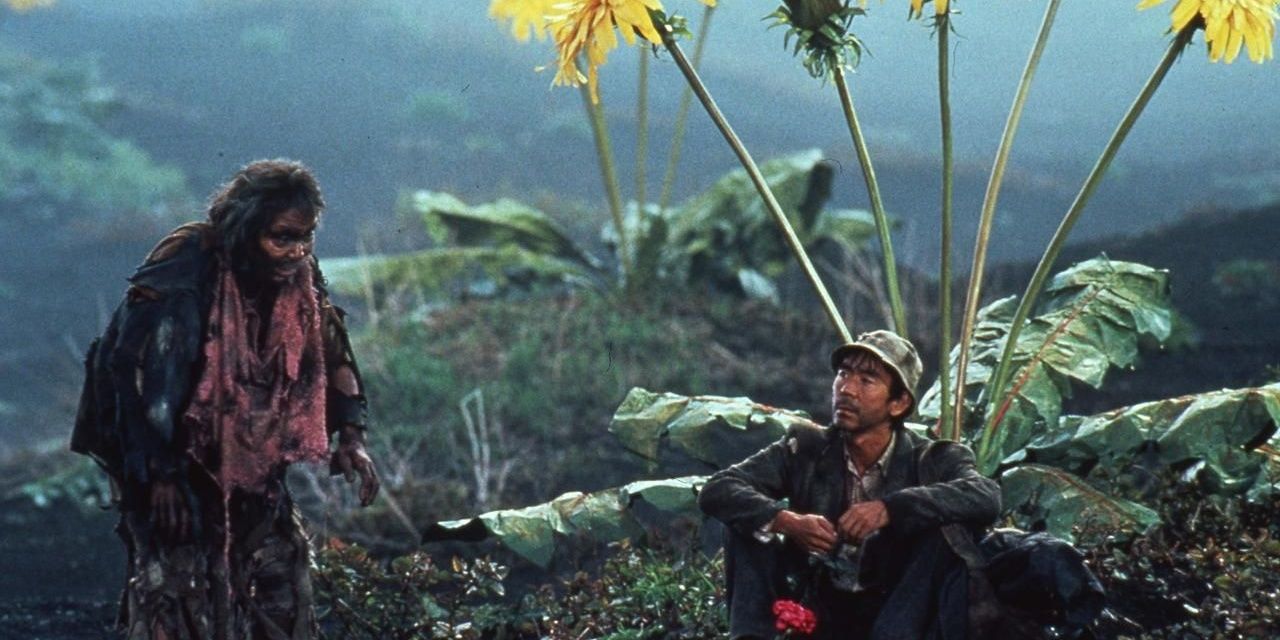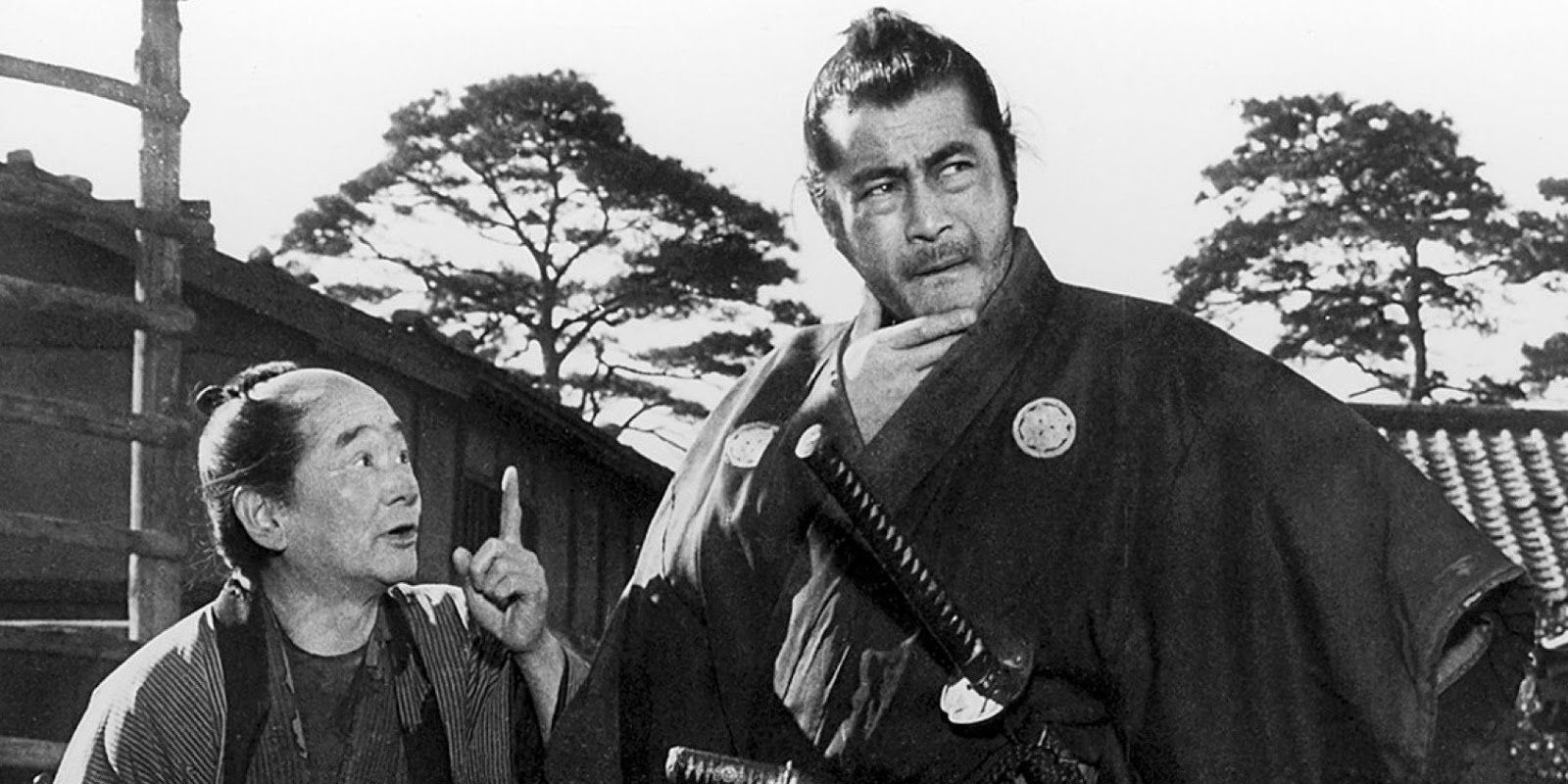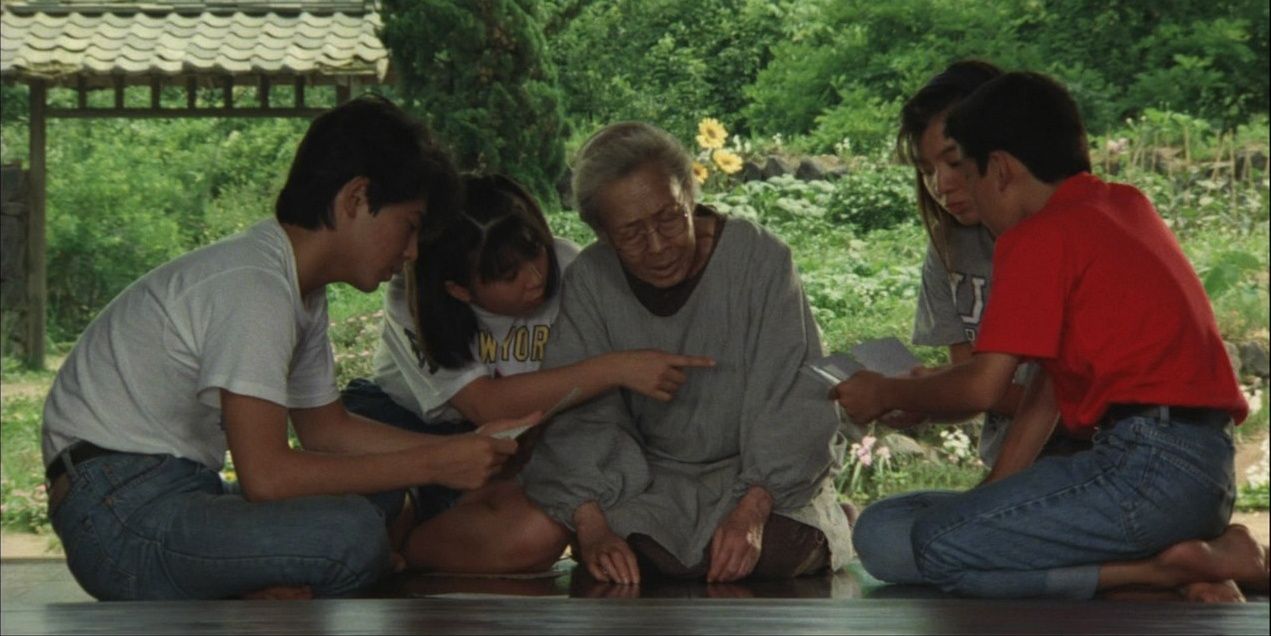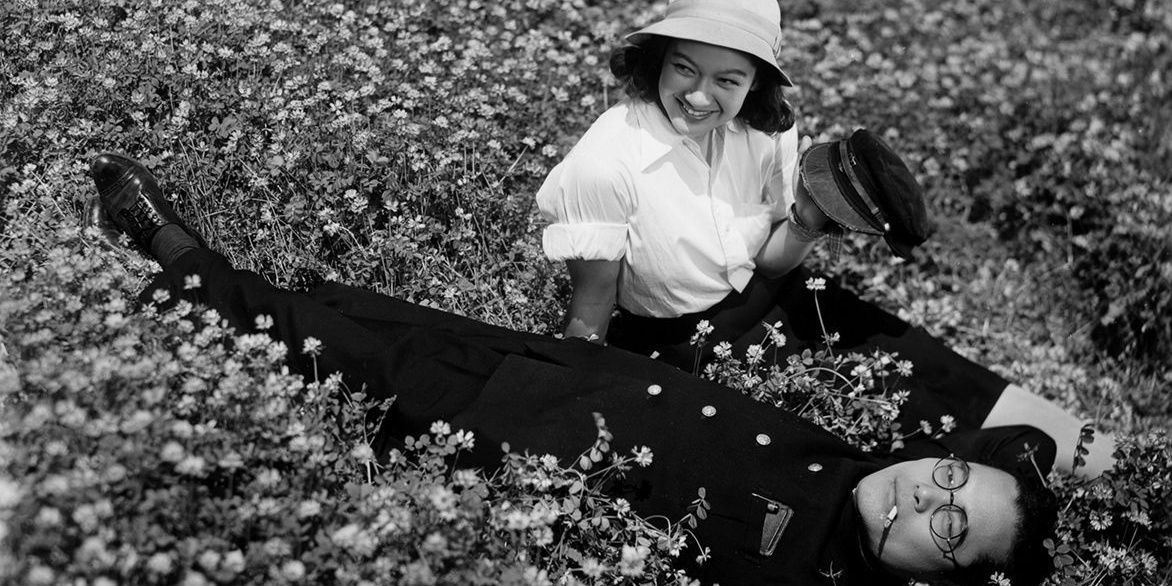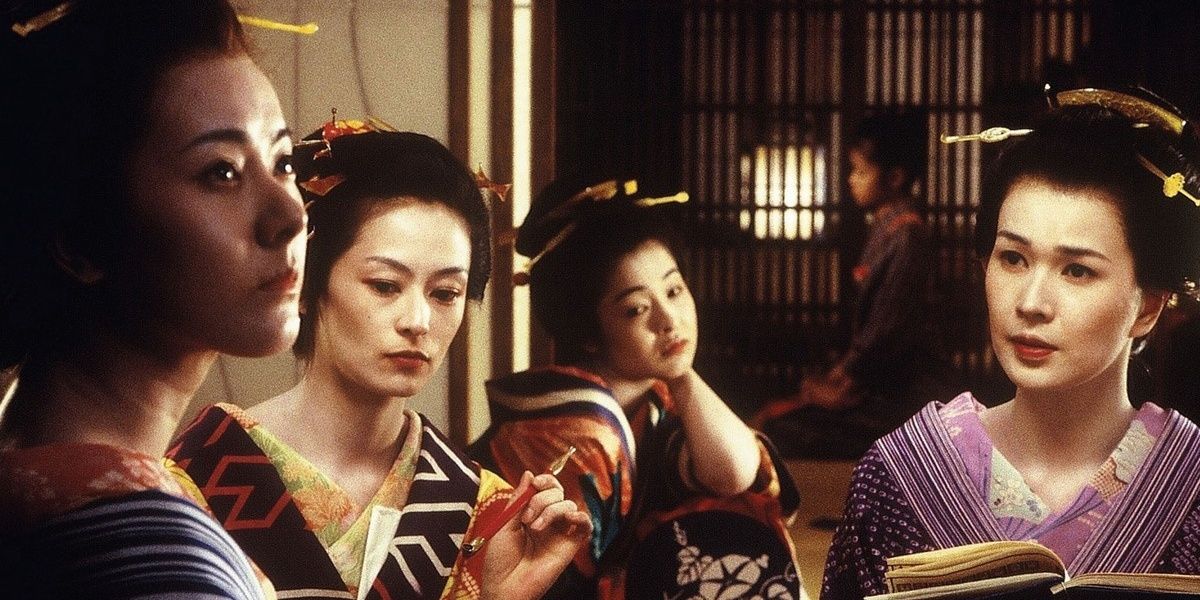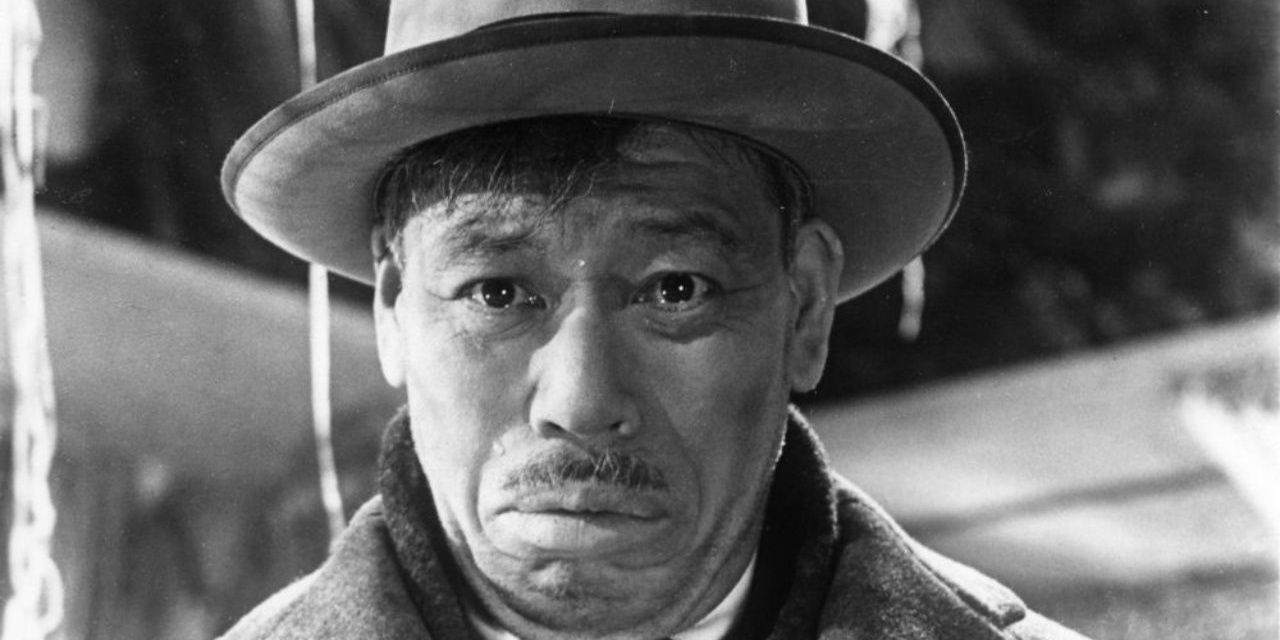Akira Kurosawa is undoubtedly the best Japanese director ever and one of the most influential filmmakers in the history of cinema. His works are known all around the world and his unmistakable style can be recognized easily thanks to his visual aesthetic and the relationship between the image and the sound.
It's a pity Kurosawa never directed any live-action anime remakes, because he could have been the one to make them actually great. But even Kurosawa had some bad movies (though they would still usually get a fresh score on Rotten Tomatoes). Without further ado, here are Akira Kurosawa's 5 Best Films (& 5 Worst).
Worst: The Idiot (1951)
The Idiot is an adaptation of a Russian novel of the same name by Fyodor Dostoevsky. The film was released in Japan in 1951, but in the United States only in 1963. The story follows a former soldier affected by war who was labeled as "the idiot" because of his epileptic seizures that started after he got a war trauma.
The peculiar thing about the movie is that the initial version of the film was 265 minutes long, but around 100 minutes were cut by the studio after it was poorly received at the test screenings. Kurosawa did not want this to happen as it was the version most accurate to the book, but he couldn't do anything about it. The 265-minute cut remains lost to this day.
Best: The Bad Sleep Well (1960)
This 1960 film was the first one produced by Kurosawa's independent film company. The Bad Sleep Well was entered into the Berlin International Film Festival, but another film won that year. Nevertheless, The Bad Sleep Well is regarded as one of Kurosawa's best works and one of the three of his noir movies.
The story at the core of the film has its roots in Shakespeare's Hamlet and tells us about a young man, played by Toshiro Mifune, who gets a high position in a corrupt postwar Japanese company hoping to expose the men responsible for his father's death.
Worst: Dodesukaden (1970)
Dodesukaden has two distinguishing features. First, it is Akira Kurosawa's first film in color. Second, it is an adaptation of a book by Shugoro Yamamoto. It was a critical and commercial failure in Japan but earned a nomination for the Best Foreign Film at the Academy Awards.
The reason why this film was so poorly received in its origin country was probably because it was a departure from Kurosawa's usual style and the cast consisted mainly of unknown actors rather than the ones Kurosawa was used to working with. In fact, the film's failure even led to the director attempting suicide in 1971. Thankfully, he lived.
Best: Seven Samurai (1954)
Perhaps the most well-known of Kurosawa's works is his 1954 classic Seven Samurai. Released in the United States in 1956, the film was co-written, directed, and edited by Kurosawa and has consistently been referenced in other films along with ranking high on all the biggest top lists.
The story is set in 1586 during the Sengoku period. It is about a village that hires seven ronin (also known as the samurai without masters) to protect the farmers from the bandits that will return to steal the harvest once it has been gathered.
Worst: Dreams (1990)
Dreams is yet another unique project in Kurosawa's filmography. It was his first movie in 45 years where he was the only one working on the script, and he claimed to have repeatedly had the dreams that the film is based on. Dreams was screened at the Cannes Film Festival out of the competition.
An interesting behind-the-scenes detail is also the fact that Warner Bros. provided partial funding for the film while Steven Spielberg and George Lucas assisted in the making. The film explores such themes as art, death, spirituality, childhood, human mistakes, and world disasters.
Best: Sanjuro (1962)
Sanjuro is a jidaigeki film meaning that it is a period drama set presumably during the Edo period sometime between 1603 and 1868. Originally, this was supposed to be an adaptation of one of Yamamoto's novels, but then the script was altered with the success of Kurosawa's Yojimbo and Sanjuro became a sequel to that movie.
The main reason for Sanjuro's success is the fact that the main hero (who first appeared in Yojimbo) was resurrected for the film and got a substantial amount of development that made him stand out and complete the story perfectly.
Worst: Rhapsody in August (1991)
There seems to be a trend in the quality of films Akira Kurosawa made with the older projects at the end of his career usually lacking certain elements that would make them better. Rhapsody in August is one such film that received mixed reviews and was accused of anti-American agenda.
The story is set in 1945 and follows an elderly woman who lost her husband in the Nagasaki bombings and cares for her grandchildren over the summer. She discovers that she has a brother living in Hawaii who wants her to visit him before he dies.
Best: No Regrets for Our Youth (1946)
No Regrets for Our Youth is a 1946 film based on the 1933 Takigawa incident. The film is sometimes referred to as Akira Kurosawa's "feminist drama film" because, unlike other films by the director, it focuses on a single strong female lead played by Setsuko Hara.
Yukie is a housewife whose leftist lover is accused of espionage during World War II which directly correlates with the story of Hotsumi Ozaki. He was the only Japanese citizen who suffered the deathly penalty for treason during World War II because he assisted the Soviet spy Richard Sorge.
Worst: The Sea Is Watching (2002)
The Sea Is Watching is the only movie in Akira Kurosawa's filmography that has a rotten score on Rotten Tomatoes. Actually, the film was released already after Kurosawa's death and he was only a screenwriter on the project.
The film was received by the audience much better than by the critics. The story tells us about a geisha who falls in love with a samurai that appears in her village while on the run after having killed a man.
Best: Ikiru (1952)
Partially inspired by Leo Tolstoy's 1886 novella The Death of Ivan Ilyich, Ikiru tells the story of a terminally-ill Tokyo bureaucrat as he searches for a new meaning of life. The film explores such themes as the inefficiency of bureaucracy, learning how to live, and the family life in Japan that had been decaying for a while.
The film earned widespread critical acclaim and was nominated and won various awards, including a BAFTA nomination for the lead actor and an award for Kurosawa at the Berlin International Film Festival.

